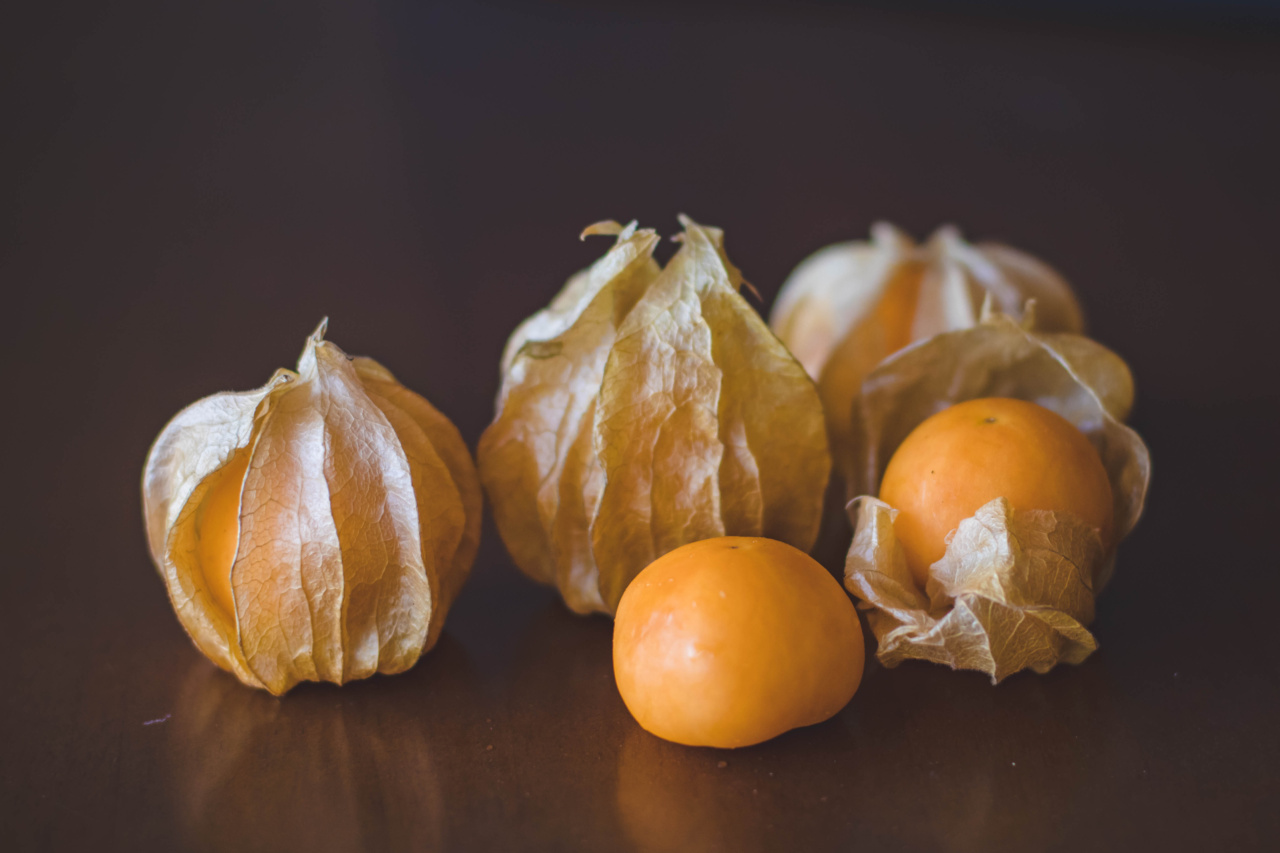Autumn is a time when the leaves fall and the temperature drops, but it’s also a time when some of the most nutritious foods are available.
With an abundance of seasonal produce available during the fall, there’s never been a better time to focus on eating healthily. So, let’s dive into the nutritional facts of some of the delicious seasonal autumn foods.
Pumpkin
Pumpkins are famously associated with Halloween and pumpkin pies, but they are so much more than that. Pumpkin is packed full of nutrients and provides numerous health benefits. One cup of pumpkin provides:.
- 49 calories
- 2.7 grams of fiber
- 1.8 grams of protein
- 408% of your daily vitamin A intake
- 19% of your daily vitamin C intake
- 10% of your daily iron intake
Pumpkin is also high in potassium, which can help to lower blood pressure and reduce the risk of heart disease.
Apples
Freshly harvested apples are a staple of the fall season. Not only are they delicious, but they are also packed with nutrients. One medium-sized apple provides:.
- 95 calories
- 4 grams of fiber
- 1 gram of protein
- 195% of your daily vitamin C intake
Apples are also high in antioxidants, which can help to reduce the risk of chronic diseases such as cancer, Alzheimer’s, and Parkinson’s.
Sweet Potatoes
Sweet potatoes are a delicious and nutritious addition to any meal – whether it’s roasted with rosemary and garlic or mashed with cinnamon and nutmeg. One cup of cooked sweet potato provides:.
- 180 calories
- 4 grams of fiber
- 4 grams of protein
- 769% of your daily vitamin A intake
- 65% of your daily vitamin C intake
- 50% of your daily manganese intake
Sweet potatoes are also high in antioxidants, which can help to protect against inflammation and chronic disease.
Cranberries
Cranberries are a must-have during the fall season, whether you enjoy them in a sauce alongside your Thanksgiving turkey or in a festive cocktail. One cup of cranberries provides:.
- 46 calories
- 4 grams of fiber
- 0.5 grams of protein
- 18% of your daily vitamin C intake
- 17% of your daily vitamin E intake
Cranberries are also high in antioxidants, which can help to reduce the risk of chronic diseases such as cancer, diabetes, and heart disease.
Brussels Sprouts
Brussels sprouts may not be everyone’s favorite vegetable, but they are certainly worth giving a chance. One cup of cooked Brussels sprouts provides:.
- 56 calories
- 4 grams of fiber
- 4 grams of protein
- 195% of your daily vitamin C intake
- 125% of your daily vitamin K intake
- 16% of your daily folate intake
Brussels sprouts are also high in antioxidants and are a great source of fiber, making them a perfect addition to any balanced diet.
Butternut Squash
Butternut squash is a versatile vegetable that can be used in a variety of dishes, from soups and stews to casseroles and pasta. One cup of cooked butternut squash provides:.
- 82 calories
- 7 grams of fiber
- 2 grams of protein
- 457% of your daily vitamin A intake
- 52% of your daily vitamin C intake
- 10% of your daily potassium intake
Butternut squash is also high in antioxidants, which can help to protect against chronic diseases such as cancer and heart disease.
Pears
Pears are a sweet and juicy fruit that are at their peak during the fall season. One medium-sized pear provides:.
- 101 calories
- 6 grams of fiber
- 1 gram of protein
- 12% of your daily vitamin C intake
- 10% of your daily vitamin K intake
- 6% of your daily potassium intake
Pears are also high in antioxidants and are a good source of fiber, which can promote digestive health and help to reduce the risk of chronic diseases such as cancer and heart disease.
Acorn Squash
Acorn squash is a delicious and nutritious vegetable that can be roasted, mashed, or used in soups and stews. One cup of cooked acorn squash provides:.
- 115 calories
- 9 grams of fiber
- 1 gram of protein
- 145% of your daily vitamin A intake
- 37% of your daily vitamin C intake
- 18% of your daily potassium intake
Acorn squash is also high in antioxidants, which can help to protect against chronic diseases such as cancer and heart disease.
Chestnuts
Chestnuts are a popular seasonal snack, particularly around the Christmas period. One ounce of chestnuts (approximately three whole chestnuts) provides:.
- 70 calories
- 1.5 grams of fiber
- 1.2 grams of protein
- 6% of your daily vitamin C intake
- 8% of your daily potassium intake
Chestnuts are also a good source of folate, which is essential for a healthy pregnancy and can help to reduce the risk of birth defects.
Conclusion
There are so many delicious and nutritious foods available during the fall season. Whether you’re a fan of pumpkin pie or roasted Brussels sprouts, there’s something for everyone.
By focusing on eating a balanced diet that includes a variety of seasonal produce, you can ensure that your body is getting all of the nutrients it needs to stay healthy.































